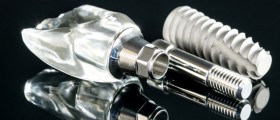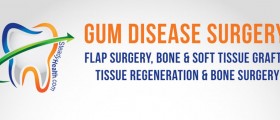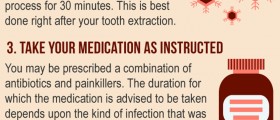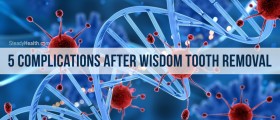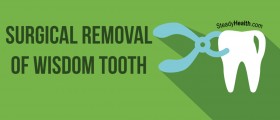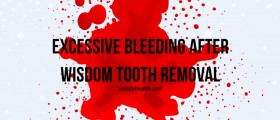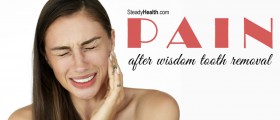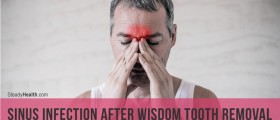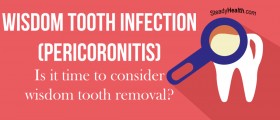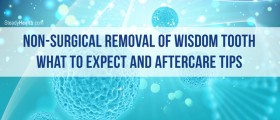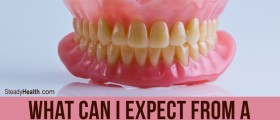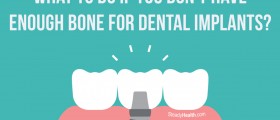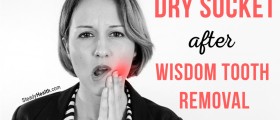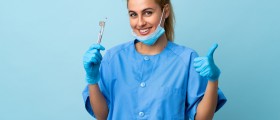Recently had all 4 wisdom teeth out on Monday alongside a bone graft on the top two teeth due to the surgeon explaining that the roots for the top two teeth were close to my sinuses and would thus leave me with a risk for sinus communication if I didn’t.
Unrelated to whether or not that was accurate, I was just curious on the healing process for this in general. I’ve seen some places say that tooth extractions with bone grafts means you shouldn’t eat/drink certain foods (rice/popcorn/etc) for up to 3-4 months.
Is that the case for wisdom teeth? I know foods like that should be avoided for around 14 days in general, but 3-4 months sounds way more drastic.
Loading...
A recovery from wisdom teeth extraction and a bone graft can vary from person to person. It's influenced by factors such as the complexity of the surgery, the individual's general health, and how well post-operative care instructions are followed.
Bone grafts are used in oral surgery to help facilitate bone growth. When placed, the graft acts as a scaffold for new bone to grow upon, and over time it typically becomes integrated with the natural bone.
Soft foods are generally recommended for a few days to a week or more after extraction to avoid disturbing the surgical site. Hard, crunchy, or small particle foods (like rice, popcorn, seeds) can get lodged in the sockets or graft site and cause complications, so these should be avoided initially. While 3-4 months does sound longer than usual, it's essential to follow your oral surgeon's specific recommendations, as they're based on your unique situation.
It's generally important to keep the mouth clean to prevent infection. However, aggressive rinsing or brushing around the surgical sites should be avoided in the initial days after surgery. Using a warm salt water rinse can be beneficial in cleaning and soothing the area.
Both smoking and alcohol can impair healing. It's best to avoid these, especially in the early stages of recovery. Strenuous physical activity can increase blood flow to the surgical area and cause increased swelling or bleeding. It's usually advised to take it easy for a few days after surgery.
If there was a concern about sinus communication, there might be specific recommendations to avoid blowing your nose forcefully, sneezing with your mouth closed, or using straws, as these actions can increase pressure and affect the surgical site.
Ensure you attend any scheduled follow-up appointments so your oral surgeon can monitor your healing and address any concerns you might have.
Loading...


